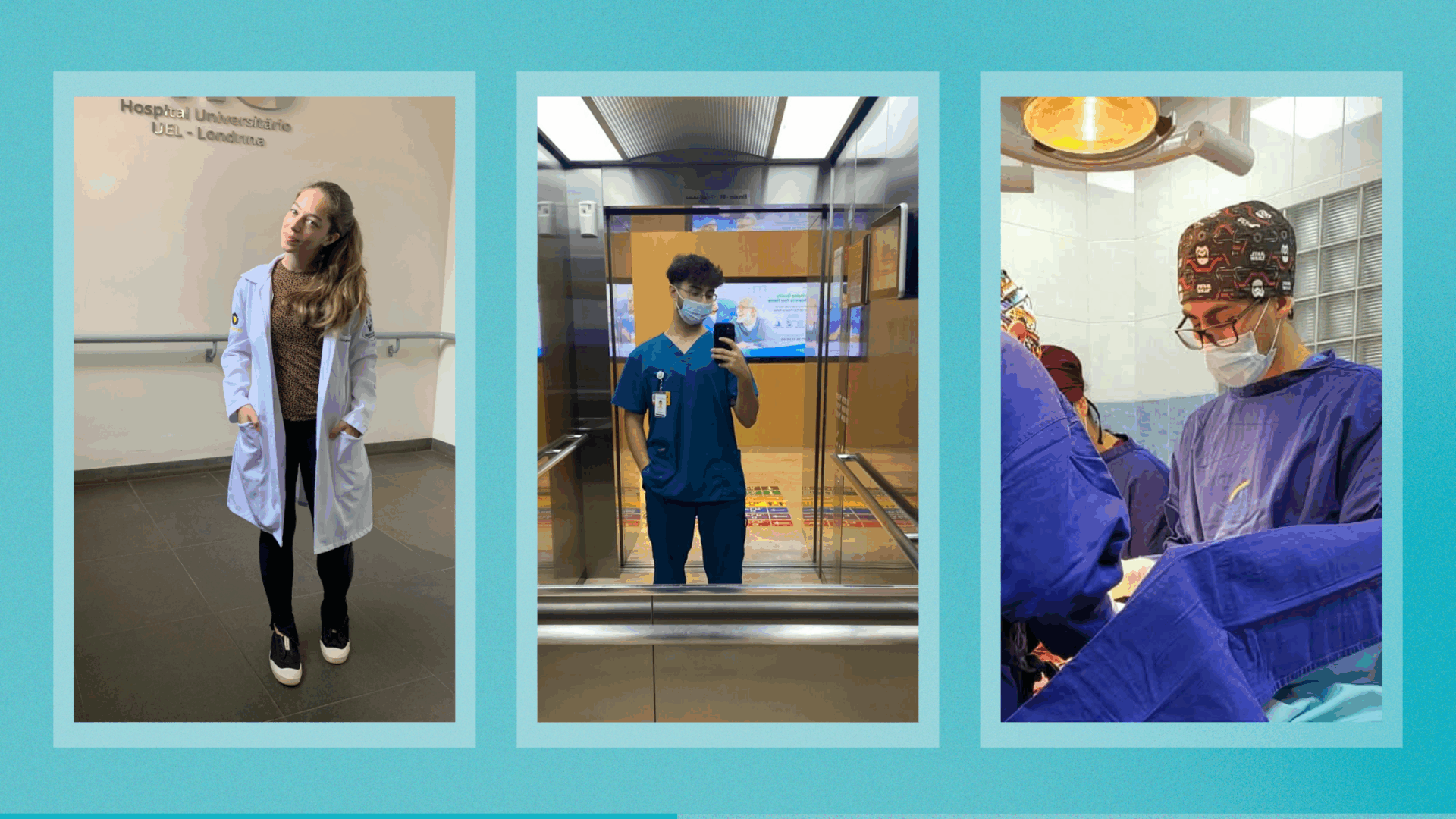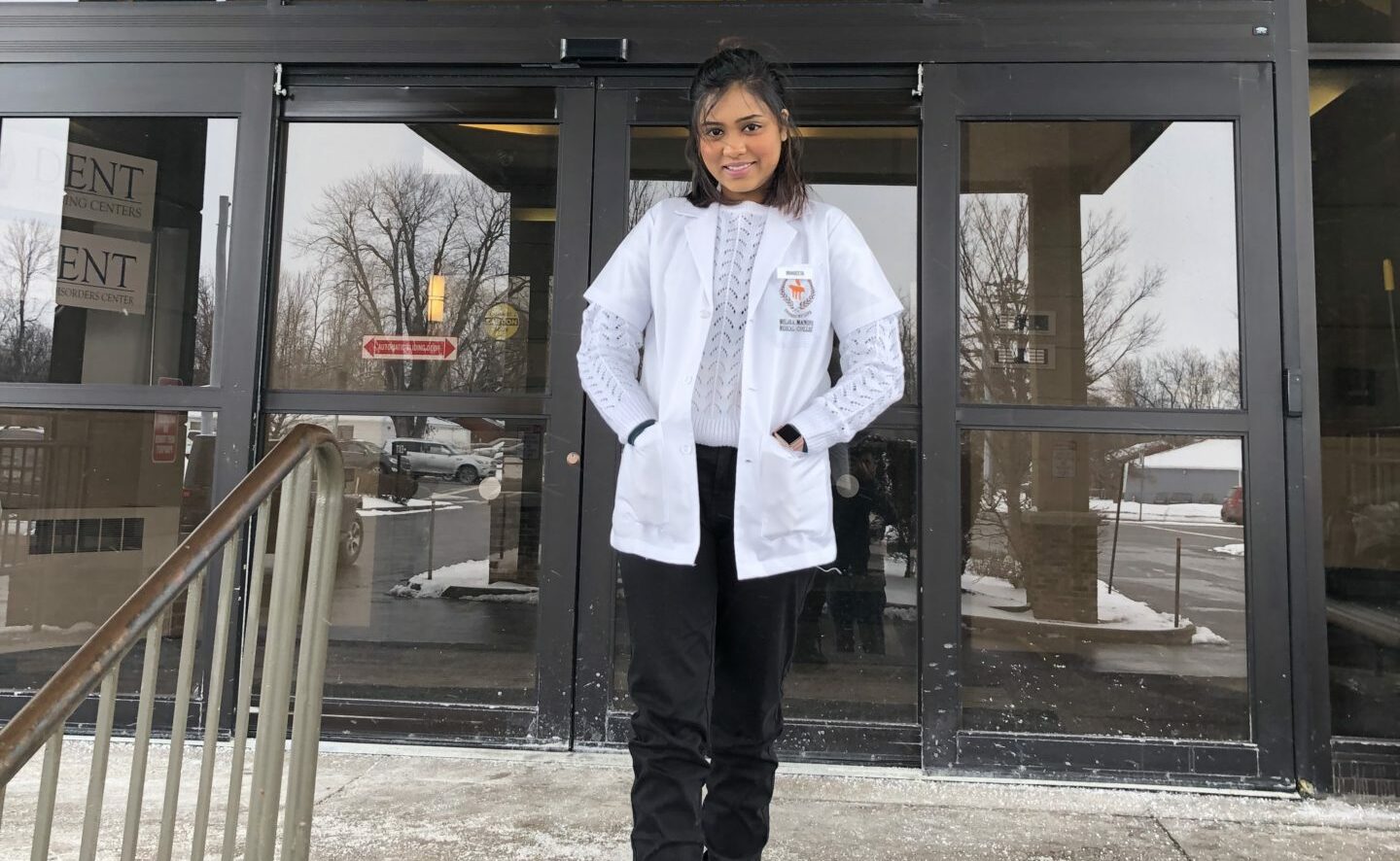In November 2023, AMOpportunities announced Kristi L. Reguin-Hartman DNP, APRN, ACNS-BC was joining the company as a Senior Strategic Advisor to Nursing. Since then, her guidance has helped the company grow its impact in the field, expanding clinical training access for schools and students across the U.S.
This month, we sat down with Kristi to discuss her work with AMO so far and her perspective on the future of nursing.
On Joining AMOpportunities
Could you share a bit about yourself and your experience in the nursing field? What eventually brought you to AMOpportunities?
I had an experience when I was shortly out of high school, where I worked with a young man who received a traumatic injury in college. For a semester, I was his full-time care attendant during the weekday. He wrote a book about his experience and when talking about that experience he said “In the mornings and at lunch, things were better”. That was when I first learned the work and reward of caring for others and it has driven me ever since.
My career has included many years of direct patient care, advanced-practice nursing, educating in clinical and academia, and work in healthcare technology and products. My experiences as a clinical preceptor, instructor for students who need clinical placements and experience in healthcare start-ups and innovation is what brought me to AMOpportunities.
In your role with AMOpportunities, what have you already been working on and what are you looking forward to?
I have greatly enjoyed working with the very skilled team–Ryan and Haley, Kyle and Ben–as we support nursing schools and nursing students in finding quality and vetted clinical placements and with hospitals in their recruitment of new nurses.
On Nursing Education
What significant changes have you observed in nursing education over the past decade?
Nursing education has evolved to be much more competency-based over rote learning. This is essential as the skills needed for nurses to practice will continue to change with advances in science and technology. Core concepts around nursing care theory and human interaction will remain needed as will the ability to apply these skills in more more complex environments.
What are the biggest challenges nursing schools and programs face in recruiting, training, and/or graduating their students into the workforce? What opportunities are there for schools to address these challenges
Nursing schools face two large challenges. The first is recruiting and retaining highly qualified nursing educators. The largest barriers in finding these nursing educators include payscale challenges, where nurses with advanced degrees earn significantly higher salaries in practice than in academia, and the low (but increasing!) number of nurses with terminal degrees. Also, since nursing is a practice focused profession, finding innovative ways for nursing instructors to remain clinically current is a priority for the profession.
The second challenge is the availability of clinical placements for students of all levels in nursing. Schools are often limited by the number of instructors available and the number of clinical sites that they can bring the students to for hands-on clinical learning. Even at the graduate level this is a challenge. Some programs require their APRN students to find their own clinical placements. If that student does not have a large network of already practicing APRNs, this can cause delays in completion of their programs as they struggle to find these resources. Additionally, in this scenario, the preceptors are not always vetted as ideal clinical preceptors. Precepting is a skill that is not inherent to all (nurses and other professionals!). Increasing opportunities for schools and students to find appropriate clinical placements and preceptors is where AMO comes in to help.
On Precepting
To you, what role does mentorship play in nursing education and how does precepting fit into that role?
Mentoring and precepting are two distinct activities in nursing professional development and career pathways. Preceptors are those who are training and educating nurses to the particular specifics on a new role including organizational specifics. This role is typically chosen by the organization for the new hire. Preceptors are also used in clinical education to help nursing students learn technical aspects of the role in later semesters of nursing school. Mentorship is the act of supporting and advising a new nurse on their career path and should always be chosen by the mentee (or sometimes it happens naturally, without a formal conversation).
What role does precepting in the growth and development of the nursing workforce?
Precepting is critical in supporting and developing nurses entering the profession or changing specialties. Having qualified, dedicated, and fully vetted preceptors can impact the experience of the new nurse and subsequently the care of patients. A common reason nurses leave jobs in their first year of practice is because they don’t feel a sense of belonging. Preceptors can greatly influence how a new nurse or nursing student experiences the culture and camaraderie of a care area and how new nurses are integrated into the interprofessional team in addition to teaching clinical and technical skills.
How do you encourage experienced nurses to take on the role of preceptor and help train the future of the profession?
Precepting is not easy and I encourage nurses who are interested in precepting to take any trainings offered by their organizations and consider continuing education courses that focus on the soft skills and technical elements of teaching.
Finally, with so much focus placed on the nursing shortage in the coming decade, what are some bright spots you see in the field’s future?
There are so many things to look forward to as nursing continues to evolve. Advancements in recognition of the role and impact of nurses will continue. As a profession, we continue to find our voice and our footing. Nursing leaders are working on challenging issues including how finance and reimbursement models impact nursing, the recognition of nursing as a STEM field and nurses role as leaders in healthcare innovation. Others are focused on making care areas safer for nurses to work in, increasing the health of communities, passing bills to increase equity in programming and so much more. There are new specialties in nursing evolving and a wider variety of jobs for nurses than ever before. Social media has opened the door for more views and insights from working nurses leading to challenging conversations about the profession, healthcare as a larger entity, and the variety of ways to improve things. With more than 4 million nurses in the county, there won’t always be consensus on issues, but there will continue to be positive changes from debate and discussion. Nursing has brought me the opportunity to leave things better and I hope I continue to do so.
Want to learn more about expanding clinical training options for your nursing students? Connect with the AMO team at nursing@amopportunities.org







Leave A Comment